BLOG
Categories
The Role of Family Coaching in Healing: Enhancing Relationships and Emotional Well-Being
Understanding Family Coaching
Family coaching helps families tackle challenges and contributes to personal growth and transformation.
It is about understanding family dynamics and supporting members in achieving healthier relationships.
Defining Family Coaching
Family coaching is a tailored support system.
It assists families with predictable challenges, such as communication issues and conflicts.
Coaches offer guidance by listening actively and asking insightful questions.
They focus on building strong family bonds by collaborating with each member.
Unlike traditional therapy, coaching is action-oriented and forward-thinking.
It aims to set achievable goals and create concrete plans.
The overall goal is to improve family harmony and individual well-being.
Principles of Effective Family Coaching
Effective family coaching relies on several key principles.
Collaboration is essential. The coach works alongside family members to identify issues and solutions.
Empathy plays a crucial role. Understanding each member's perspective is vital in building trust.
Goal setting drives the process. Clear, realistic goals are crucial for ensuring progress and measuring success.
Applying these principles helps families find workable solutions.
The Family Coach's Role
The family coach has a supportive role within the family unit.
They act as facilitators, rather than directors.
Coaches help families make informed decisions, manage transitions, and uncover underlying issues.
They use tools like assessments to analyze family dynamics.
By crafting strategies based on each family's unique needs, they foster personal growth and family transformation.
Coaches also emphasize attachment and emotional regulation. These areas are key for maintaining healthy relationships.
Key Components of Family Coaching
Family coaching helps families improve their relationships and well-being.
It involves building trust and empathy, enhancing communication, setting healthy boundaries, and developing coping mechanisms.
Each component plays a vital role in fostering a supportive and understanding environment at home.
Building Trust and Empathy
To build trust and empathy, it is essential to focus on open and honest communication.
You should actively listen to each family member and try to understand their perspectives.
Showing empathy means acknowledging and validating everyone's feelings without judgment, creating a safe space for sharing.
A family coach uses various techniques to help family members relate better to each other.
Active listening and reflective feedback are tools used to help everyone feel heard and respected.
Trust grows when families work together to solve problems and support each other through challenges, leading to stronger bonds and a more harmonious home environment.
Enhancing Communication
Enhancing communication within a family focuses on improving how you express thoughts and feelings.
Effective communication can prevent misunderstandings and conflicts.
Start by encouraging clear and respectful exchanges between all family members.
Coaches often introduce techniques such as “I” statements, which prevent blame and invite collaboration.
Using "I feel" instead of accusations reduces defensiveness.
Regular family meetings where everyone gets the chance to speak can foster open dialogue.
This practice helps to ensure that everyone's voice is valued, resulting in more effective problem-solving and a stronger family unit.
Establishing Healthy Boundaries
Healthy boundaries are essential for maintaining respect and understanding in a family.
Each member should have personal space and time, and their needs should be considered.
Coaches guide families in defining what is acceptable and what isn't, creating a framework for mutual respect.
You can start by discussing and agreeing on household rules that reflect everyone's values and needs.
Boundaries should be communicated clearly and revisited regularly to adapt to changing needs.
By doing so, family members learn to respect each other's limits and build an environment of trust and safety.
Developing Coping Mechanisms
Families face various stressors, and developing effective coping mechanisms is crucial for resilience.
Coaches help family members identify healthy ways to manage stress and emotions.
These strategies can include practicing mindfulness, engaging in regular physical activity, and setting realistic goals.
Families are encouraged to support one another in accessing resources such as counseling or community support groups.
By modeling and teaching positive coping skills, you enable your family to handle challenges more effectively, thus promoting overall emotional health and stability.
Strategies for Strengthening Family Relationships
Building strong family relationships involves clear communication, emotional support, mindful parenting, and prioritizing time together.
Each strategy plays a critical role in fostering a nurturing environment for all family members.
Navigating Family Conflict
Handling family disagreements with care can help maintain harmony.
Start by establishing a respectful environment where each family member feels safe expressing their thoughts.
Active listening is crucial—this means fully focusing on the speaker without interrupting.
Encourage open discussions where everyone gets a chance to speak.
Define clear boundaries in communication, avoiding name-calling or blaming.
Conflict resolution techniques, like compromise or finding common ground, can help resolve issues amicably.
Regular family meetings might also aid in addressing ongoing concerns, ensuring everyone is on the same page and working towards solutions collaboratively.
Encouraging Emotional Health and Well-Being
Promoting emotional health in a family involves being attentive to each other's feelings.
Offer support and affirmations regularly. Encourage expressions of emotions by creating a safe space for family members to share their experiences.
Mindfulness practices such as meditation or deep breathing can help family members manage stress.
Supporting each other through challenges strengthens bonds and fosters a sense of security.
Providing resources like books or workshops on emotional health can enhance understanding among family members and help them develop healthy coping skills.
Conscious Parenting Techniques
Conscious parenting focuses on being present and attentive to your child's needs.
This approach balances guidance with understanding, enabling children to thrive in a nurturing environment.
Setting clear expectations and consistent rules in a supportive way helps children learn boundaries.
Engage in active listening with your child to understand their perspective fully.
Encouraging independence while being supportive is key.
Through guidance and encouragement, conscious parenting empowers children to express themselves confidently, contributing positively to family dynamics.
Fostering Connection and Quality Time
Spending quality time together fortifies family ties.
Prioritize scheduled family activities where you can connect without distractions.
Meals together, family game nights, and regular outings cultivate shared experiences.
Encourage everyone to participate in planning activities, ensuring that each family member’s interests are valued.
Technology-free time can enhance interaction, allowing focus on each other.
Small daily rituals, like bedtime stories or morning check-ins, also contribute to feeling connected.
These activities help in building a strong foundation of trust and love within the family.
Addressing Specific Challenges in Families

Family coaching plays a crucial role in tackling key issues within households. You will learn how coaches assist families in managing behavior problems, supporting those coping with addiction, and aiding families struggling with depression and anxiety.
Managing Behavior Problems
Behavior problems in children can disrupt family harmony. Family coaches use practical strategies to help caregivers handle these challenges effectively.
They focus on developing positive communication and setting clear expectations.
Strategies may include consistent routines and reward systems.
By implementing these methods, you can encourage desired behaviors and reduce conflicts.
Building strong bonds through regular, open conversations also helps. This enhances understanding and helps prevent future issues.
Supporting Families Dealing with Addiction
Addiction within the family can be a challenging ordeal. Family coaches provide guidance in this difficult time by helping families understand the nature of addiction and its effects on relationships.
They emphasize the importance of support networks and open communication.
Coaches often suggest seeking professional help, such as therapy or support groups.
Building a sense of unity and empathy is key in ensuring the well-being of all family members.
Helping with Depression and Anxiety
Depression and anxiety affect both individuals and families as a whole. Family coaching addresses these challenges by encouraging supportive environments where members can express feelings freely.
Coaches teach families how to identify signs of mental health struggles and offer emotional support.
They emphasize the importance of patience and empathy.
Promoting activities that foster mental well-being, like exercise and mindfulness, can also be beneficial.
Promoting Continuous Growth and Self-Care

Family coaching has a key role in aiding you to focus on self-care and healing, blending mindfulness and effective strategies in parenting. The growth you foster in your family helps improve everyone's well-being.
Cultivating Mindfulness and Self-Awareness
Mindfulness helps you stay present and aware of your thoughts and feelings. It encourages you to respond calmly rather than react impulsively.
Through family coaching, you can learn to practice mindfulness in daily life.
One important tool is breathing exercises. Integrating this practice can reduce stress and enhance focus, fostering self-awareness.
You also become more attuned to your needs and emotions, allowing for healthier expression and connection within your family.
Family coaching might also involve setting regular times for reflection.
These periods of introspection can aid in identifying patterns in behavior and emotions, further deepening self-awareness.
Implementing Effective Parenting Practices
Effective parenting includes clear communication, setting boundaries, and understanding each child's unique needs. Family coaching can guide you in these areas by offering practical strategies.
For instance, creating a structured yet flexible environment can help children feel secure and promote growth.
Open dialogues and active listening teach kids how to express themselves safely and confidently.
Coaching may also introduce techniques for positive reinforcement, which encourages desired behaviors in children while building their self-esteem.
It emphasizes the importance of consistency and patience as you implement these practices.
Encouraging Recovery and Healing
Self-care is crucial in supporting personal and familial recovery.
Family coaching can help you develop self-care routines that not only enhance your well-being but promote healing.
You can be encouraged to take care of your mental and physical health through activities like exercise, hobbies, or relaxation techniques.
Coaching can also foster a nurturing environment for healing emotional wounds by offering a safe space to share feelings.
This approach helps build resilience, enabling you to better face challenges together.
By prioritizing these elements, family coaching supports continuous growth and healing, strengthening family bonds.
Frequently Asked Questions

Family coaching plays a vital role in the healing journey by supporting communication, building trust, and creating stronger bonds within the family unit. Exploring its impact on recovery, family dynamics, and personal development can provide clarity on its effectiveness.
How can family coaching facilitate the recovery process?
Family coaching helps you focus on personal well-being and supports you in creating a healthier family environment.
Coaches guide you through challenges, fostering understanding and stronger connections.
What are the common strategies used by family coaches to support families in crisis?
Family coaches often use techniques like improving communication skills, building teamwork, and helping you appreciate differences.
They also set action steps and encourage dreaming together for a better future.
In what ways does family coaching contribute to individual and family healing?
Family coaching empowers you to gain clarity on current challenges and develop skills to manage them.
By focusing on collective growth, it helps you and your family find healing and resilience.
How does family engagement during coaching influence the healing journey?
Active family engagement promotes a shared healing journey.
Your participation enhances understanding and ensures everyone works together toward common goals, leading to a more cohesive family unit.
What qualifications should one look for in a family healing coach?
When choosing a family coach, look for experience, proven methods, and a supportive approach.
Coaches should offer clear pathways, have strong communication skills, and possess relevant certifications or training.
Can family coaching improve the dynamics of a household and, if so, how?
Yes, family coaching can improve household dynamics by promoting open communication and understanding.
It helps you address conflicts and builds a supportive environment where all family members thrive together.
RECENT POSTS
Bringing and keeping families together!










